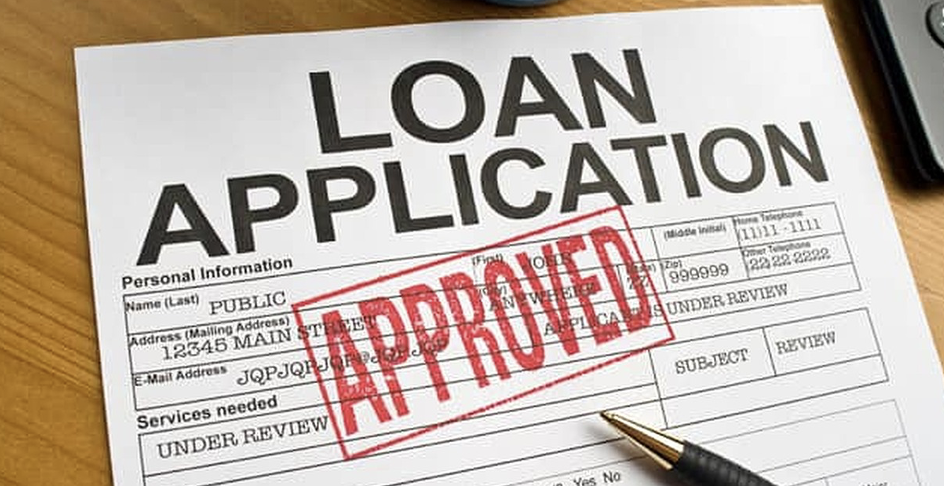Moving into a new space can cometimes be tiring and stressful. You might need funds while settling in. You must be thinking of how to get a loan as soeone that newly moved into the UK. This article will explain all you need to understnd about getting a loan if you just moved to the UK.
Build credit
When you apply for a loan, the lender will look at your credit history to evaluate how big of a risk you are. When they check your credit history, they look at how well you’ve repaid earlier loans. If you’ve budgeted for your move and can wait before borrowing, focus on building your credit. Building a credit history that makes banks want to lend to you takes time. There are no shortcuts. So you have to start early.
Credit-building tips:
Before getting a financial product in the UK, you’ll need to show your ID and address. You’ll need a fixed UK address and proof of residency, such as council tax bills.
- Get a bank account first. This is something you’ll complete so your income can be deposited, but it also shows that you plan to stay in the nation.
- If you’re eligible to vote in the UK, make sure you’re on the Electoral Roll so lenders can find you when you apply for a loan.
- Set up direct debits for your utility bills or mobile phone contract once you have a bank account. A direct debit will be taken out immediately, so you won’t forget to pay it, and on-time payments will boost your credit score.
- Once you have moved to the UK, get a credit card to build your credit history. Some credit card providers help those with low or no credit. Once you have a credit card, make sure to stick to your limit and pay at least the minimum amount every month. This card should be used to build credit, not for daily expenses.
Each credit application, accepted or not, will appear on your credit history. If you know you won’t get approved for a credit line, wait to apply.
Important things to consider when applying for personal loans
Before applying for a personal loan, Roulette online can offer you an opportnity to make money, but here are few important things you must put into considerations:
- Are you eligible to apply?
- How much do you want to apply for?
- How long till repayment?
- What is the Annual Percentage Rate?
- Are there any payable fees?
- Are there cheaper alternatives?
Loan application requirements

If you’re ready to apply for a personal loan, you’ll need the following:
- Name, birthdate
- Current and previous three-year addresses
- Bank information
- Work history
- Salary
- Other financial responsibilities like mortgages or credit.
Some lenders need you to be 21 or older to qualify for a personal loan. You must be employed and/or meet income requirements. Also, some lenders may take benefits as income, but verify beforehand. Your identification will be examined through your credit record and the electoral roll (so be sure you’re on it and it’s up to date), and the lender will use your credit record to decide whether to approve your application.
What happens after your loan is approved?
Upon approval, you’ll get a loan agreement by mail or email. Before your funds are transferred, you must sign and return this. This might be done in hours but takes days.
Your first payment is due the following month, unless you’ve chosen a payment break. When you halt payments with the lender. It’s vital to agree on a payment holiday in advance, as stopping payments will hurt your credit. You can make up the payments by extending the period or raising the remaining payments.
The step to take if you don’t get the loan
If you’re denied a loan, investigate why. You should:
- Contact lender
- Review your credit report
1. Ask the lender why your loan is denied
Ask the lender why you were denied a loan if you’re unclear. Once you know the reason, you can improve it for future time.
2. Review credit report
Your credit report will show you what lenders view and where you can improve. You should check for anything that could have harmed your credit and produced a rejection.
However, you must wait one month before reapplying for a loan after being denied, and you should only get one if you can afford the monthly instalments, interest, and fees. Reapply for a smaller loan.
Other options to get loans
If you’re denied a personal loan and need money immediately, there are alternatives. Which choice is best depends on your needs and circumstances.
- Loans for people with bad credit
- Loan with a guarantor – You’d need a cosigner with good credit.
- Family and friends who can lend money could be an alternative.
- Credit union loan – You must have something in common with other members to join. Overdraft is short-term, small-amount borrowing.









